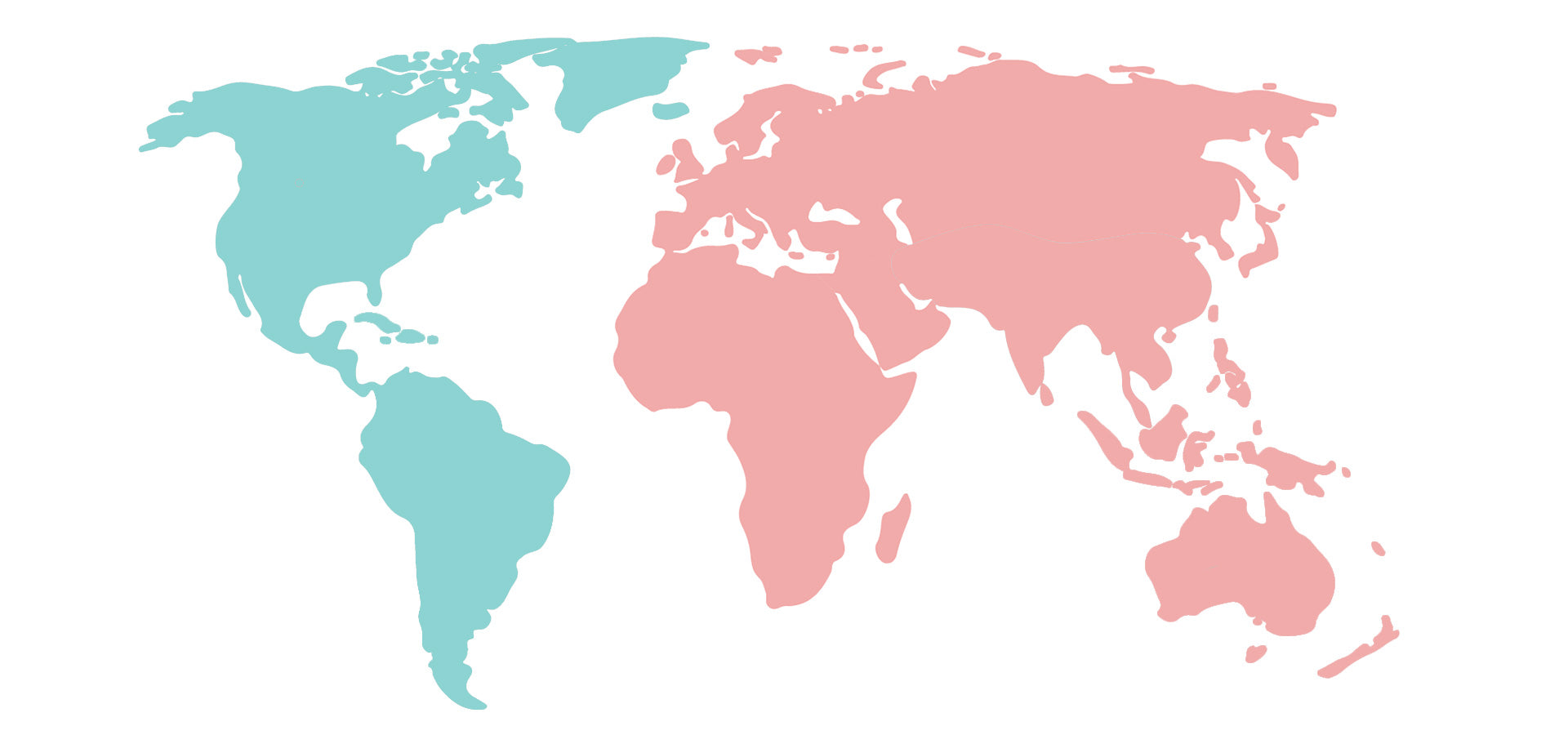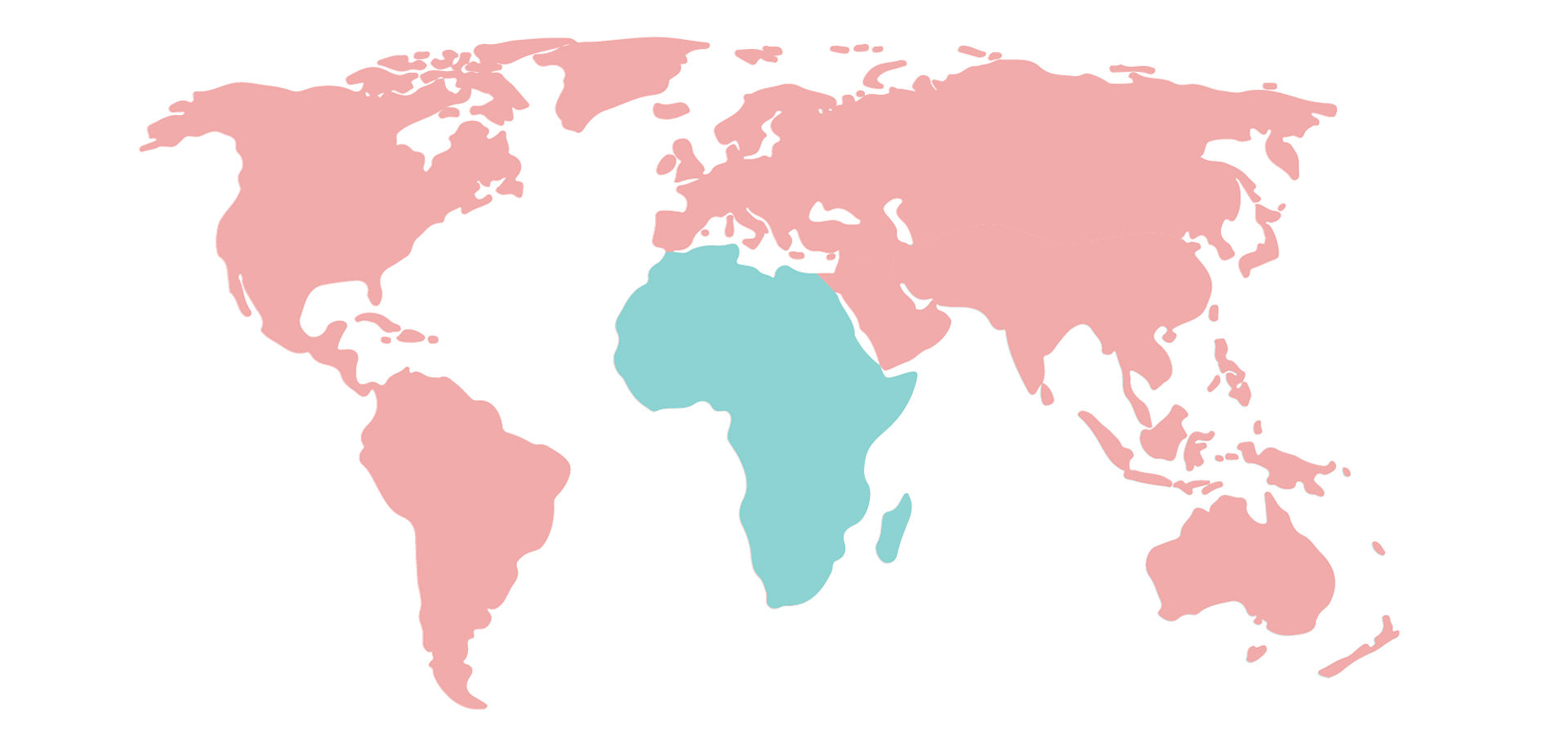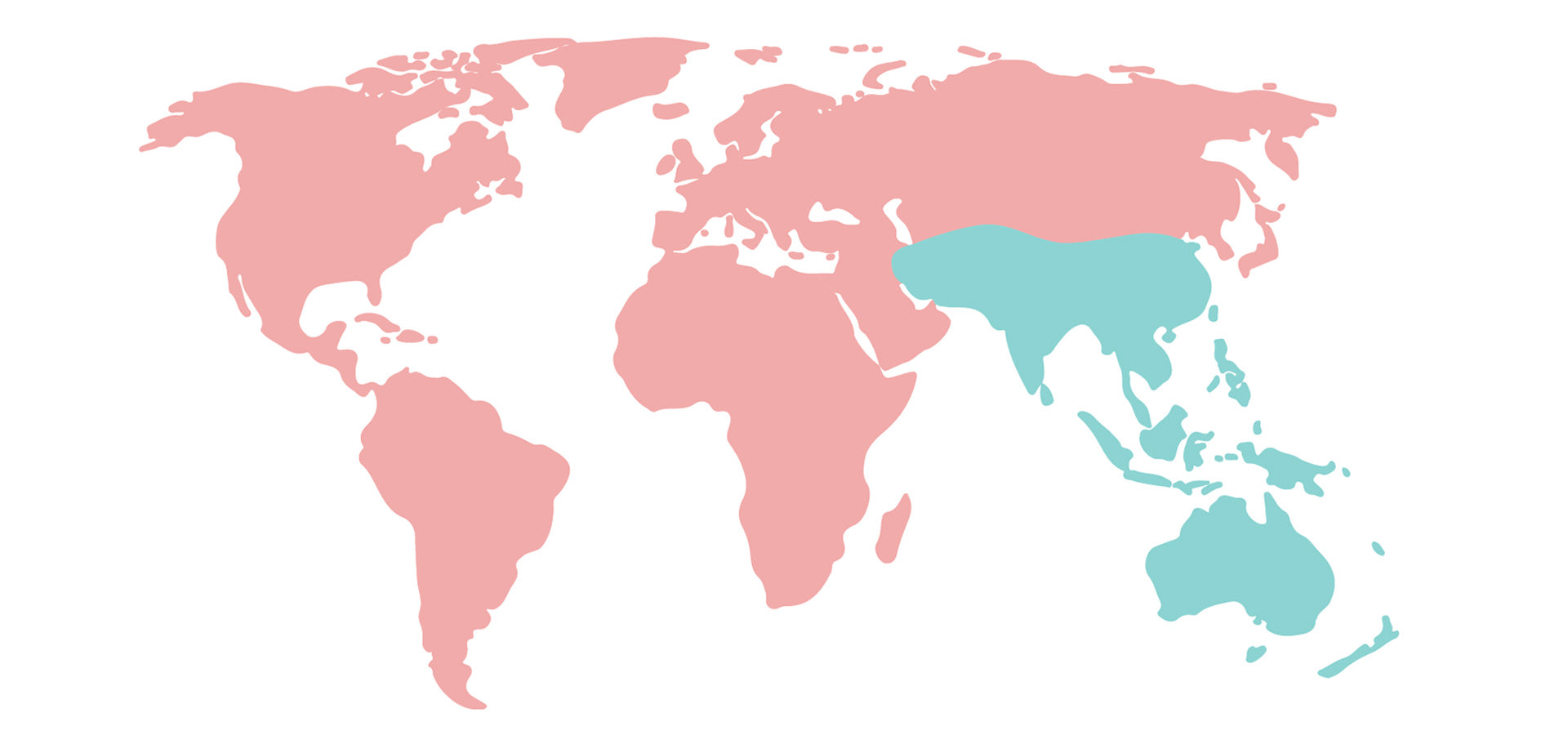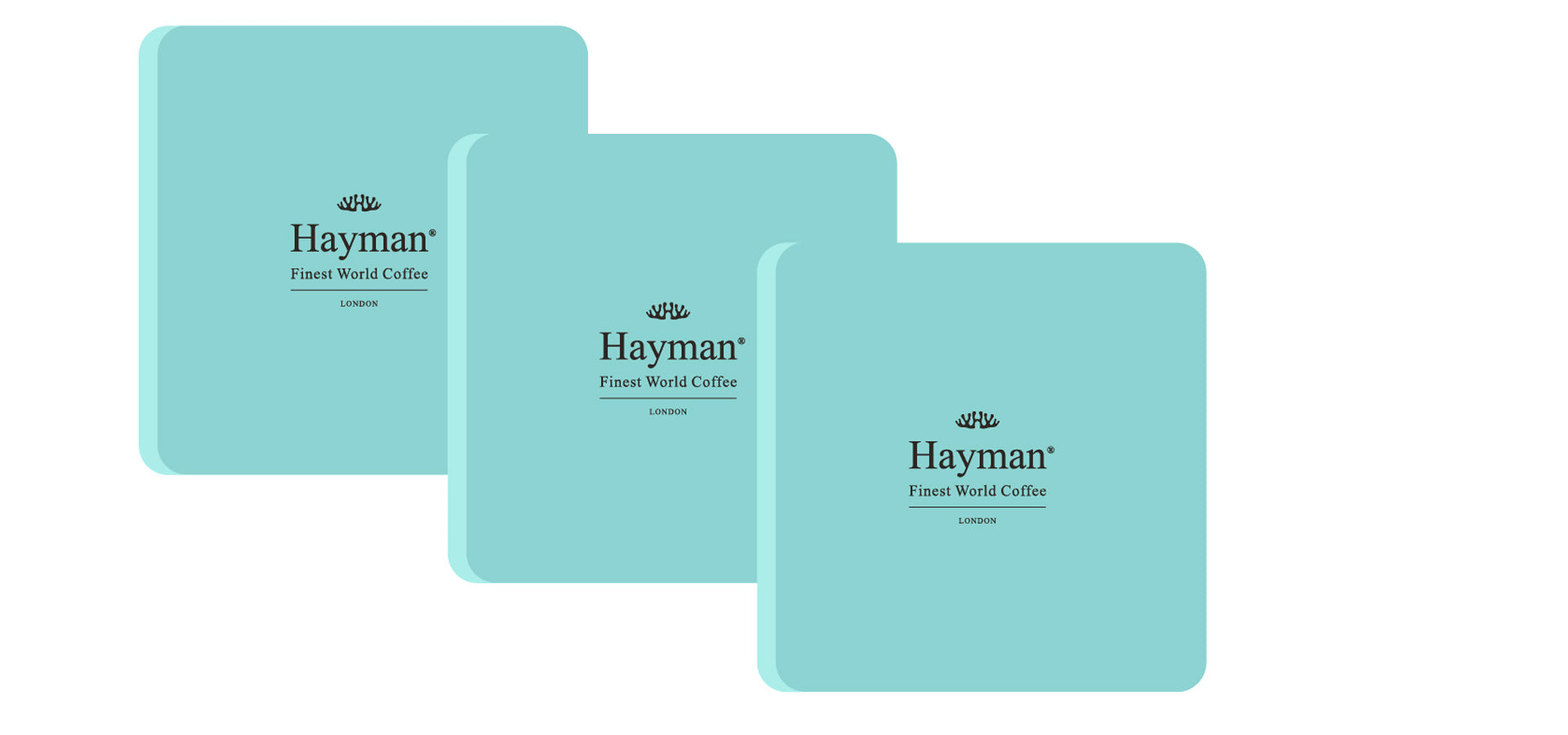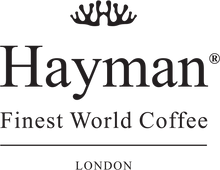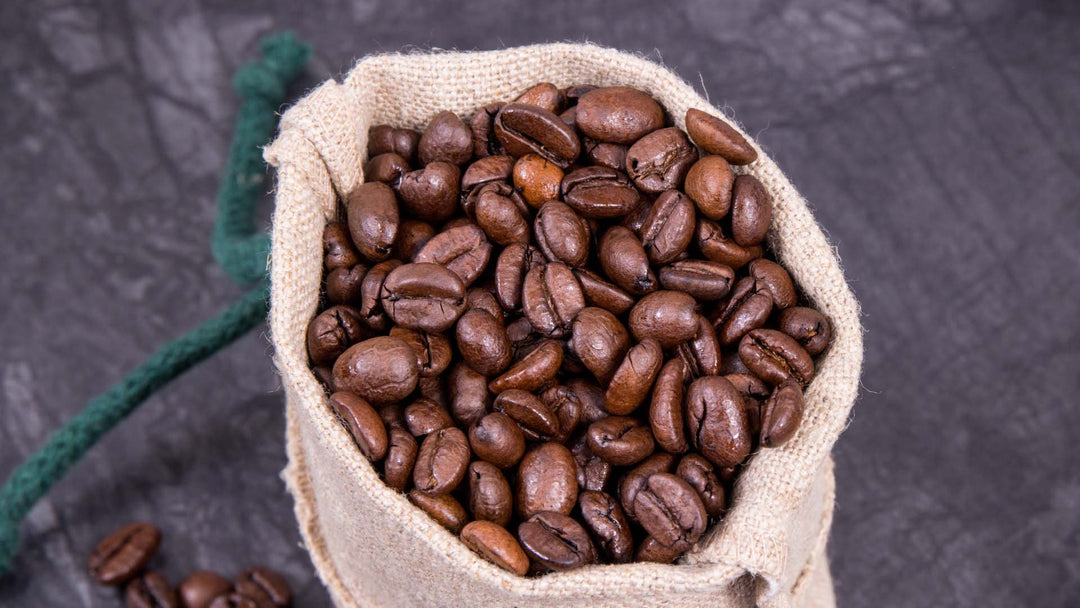Does Decaf Coffee Have Caffeine in It? | Decaffeinated

On the surface, you’d be forgiven for assuming that all decaf coffee would be completely free from caffeine. The name itself suggesting that decaffeinated coffee has been put through a process to remove every trace of caffeine from its content.
In reality however, this typically isn’t the case at all. In fact, the simple answer to the question ‘does decaf coffee have caffeine in it’ is in fact – yes, it does.
Despite the fact that millions choose decaf coffee over regular coffee on a daily basis, comparatively few realise that decaf isn’t actually fully decaffeinated. Instead, there are always trace amounts of caffeine that remain in largely every type of decaffeinated coffee.
As such, a more appropriate question would perhaps be – how much caffeine is there in decaf?
Decaf Coffee Classification
Around most of the world, the official standard regarding decaffeinated coffee classification states that at least 97% of the original caffeine content must be removed. This results in a product that contains no more than 3% of its original caffeine content – significantly lower than standard caffeinated coffee.
Nevertheless, this still means that all examples of decaffeinated coffee contain at least small quantities of caffeine. But what’s particularly interesting is the way in which there are no guidelines governing the precise quantity of caffeine that can remain in decaf, in order for it to qualify as decaffeinated.
While it’s natural to assume that all decaffeinated coffee would have a similar caffeine content, there can actually be significant differences from one product to the next. This is because the coffee beans themselves may have entirely different caffeine concentrations from one type of coffee to the next. For example, Arabica coffee typically contains approximately 50% less caffeine than Robusta beans. So if decaffeinated coffee is made using Robusta beans, it could have twice as much caffeine as Arabica decaf.
As things stand right now, there are no laws or industry standards that require coffee manufacturers to specify the exact amount of caffeine present in their decaffeinated coffee. Some manufacturers provide such information willingly, though others make no mention of it.
The Benefits of Decaffeinated
Those who avoid caffeine typically do so for the benefit of their health and wellbeing. Caffeine having the potential to exacerbate a variety of pre-existing conditions, despite having been identified as a highly beneficial substance for most people when consumed in moderation.
On the plus side, the amount of caffeine that remains in decaf following the decaffeination process is typically too low to be of any real threat. That said, it’s important to acknowledge the fact that decaf coffee does contain at least some caffeine, so it may still be necessary to consume decaf in moderation. If in any doubt, ask your doctor for their advice and support on caffeine consumption.
Whatever your personal preferences, there are countless incredible decaffeinated coffees available right now from some of the world’s most exclusive farms.
At Hayman’s online coffee store, you will find the world’s best decaf. Contrary to most other decaf coffees, which are decaffeinated using potentially harmful solvents and chemicals, Hayman’s splendid Mexico Chiapas Organic Decaf is decaffeinated through the innovative Mountain Water Process, a 100% chemical-free decaffeination method. Click here to order our incredible Mexico Chiapas Organic Decaf today, we offer free worldwide shipping!
